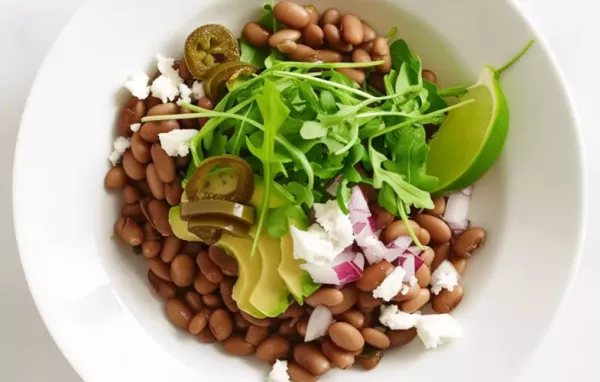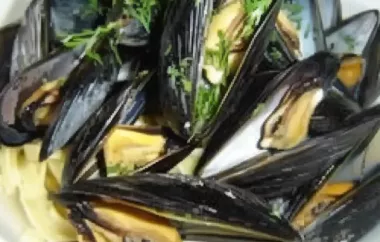Delicious and Nutritious Pinto Beans Recipe for a Satisfying Dinner

Published on December 28, 2023
This pinto beans recipe is a fantastic option for a satisfying and nutritious dinner. Packed with protein, fiber, and essential nutrients, these beans are not only delicious but also good for your health. With a blend of spices and aromatics, this recipe will fill your kitchen with irresistible aromas and your taste buds with Mexican-inspired flavors. In just under an hour, you can have a mouthwatering meal that will leave you feeling nourished and content.
Ingredients
- 2 cups dried pinto beans
- 1 medium onion, diced
- 3 cloves garlic, minced
- 2 tablespoons vegetable oil
- 1 teaspoon cumin powder
- 1 teaspoon paprika
- 1/2 teaspoon chili powder
- 1/2 teaspoon oregano
- 1/4 teaspoon cayenne pepper (optional, for heat)
- 6 cups vegetable broth or water
- Salt, to taste
- Optional toppings: shredded cheese, sour cream, chopped cilantro
Directions
- Rinse the pinto beans thoroughly under cold water and remove any debris.
- In a large pot, heat the vegetable oil over medium heat.
- Add the diced onion and minced garlic to the pot. Sauté for 2-3 minutes until the onions turn translucent and the garlic becomes fragrant.
- Stir in the cumin powder, paprika, chili powder, oregano, and cayenne pepper (if using). Cook for another minute to toast the spices.
- Add the rinsed pinto beans to the pot and pour in the vegetable broth or water. Bring to a boil.
- Once boiling, reduce the heat to low and cover the pot. Simmer for 45-50 minutes, or until the beans are tender. Stir occasionally to prevent sticking.
- Season with salt to taste. Start with 1 teaspoon and adjust as needed.
- Serve the pinto beans hot, garnished with your choice of toppings like shredded cheese, sour cream, or chopped cilantro.
- Enjoy your delicious homemade pinto beans for dinner!
Interesting Facts
You’ll Also Love












